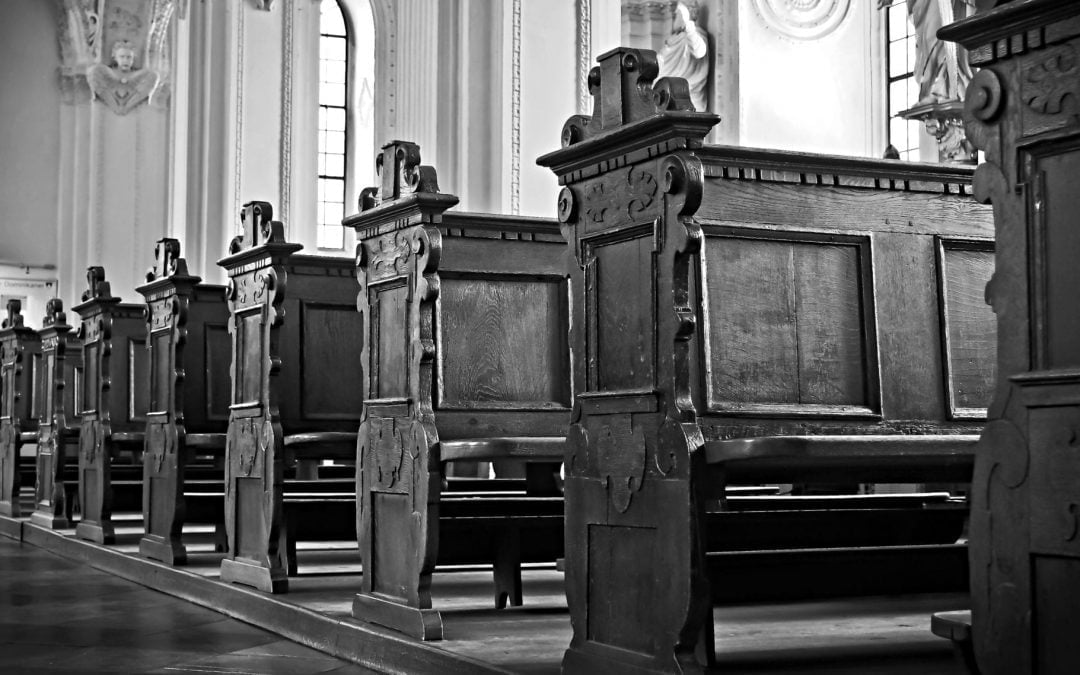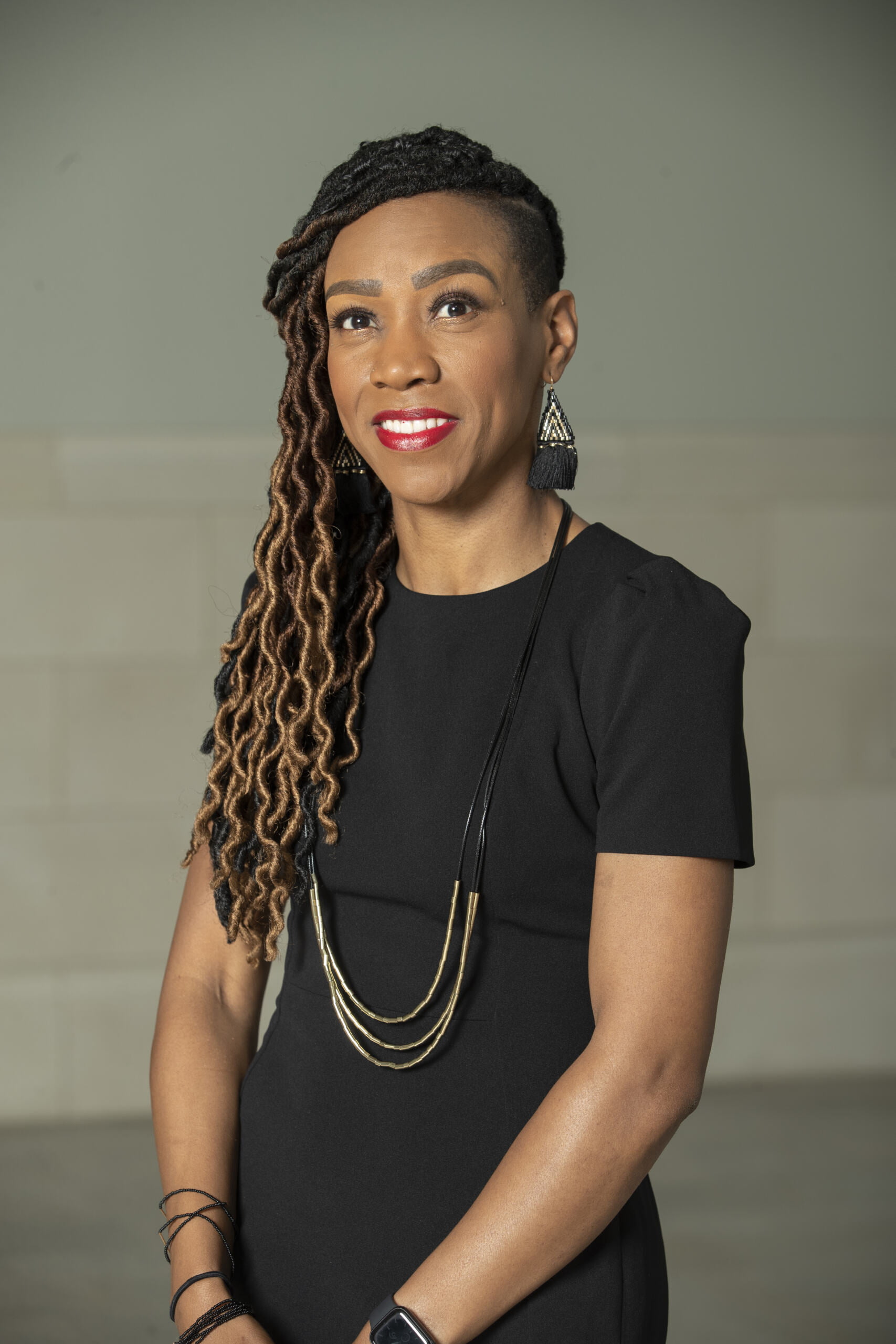I am a race atheist.
Before you wave me off, dismiss my faith system or the lack thereof, hear me out. Give me a chance, an opportunity to make my case. I assure you: This is not what I thought that I would be saying.
I used to believe in race, with all my heart, from my head down to my toes with natural hair and African-inspired clothing. No specific country to call my own, I claimed the entire continent.
Note of clarification: Black is a color – not a country or continent, though we have made the two synonymous. Black people are from … Africa? White people are from? Yellow people are from? Red people are from? It breaks down very quickly.
I tried to make it work and to work it out. I wanted it to make sense for me and had no reason to suspect that it would not. Because we have always been colored people, or so I thought.
I believed in blackness and being black, in whiteness and its privileges and so on for every so-called color of the human “rainbow.”
I believed that my experiences were color-coded, that my skin was the beginning and end of me, that my epidermis was all that mattered, that it made the most sense and brought the most meaning to my life.
But, I was wrong. Still, I need you to know that I thought this was right, that learning that I was black and how to live with it was the meaning of life. But, I was wrong.
I was wrong about race because race was wrong about me.
Race has our humanity all wrong. We are not colored beings but human beings. Race, a capitalist sociopolitical construct, is an excuse, a scapegoat in a long line of excuses and scapegoats for the unjust ways that we choose to live with and relate to each other. It is the means by which we get the blood off of our hands.
We say, “Race made me do it.” But, we can also say, “Money made me do it.” “My faith made me do it.” “My gender made me do it.” “The devil made me do it.”
But really, it is our flesh and its cravings for power and dominance that make us do it.
Our humanity is what we make it.
I’ve been called a n—. Born in the South, I heard it first at home. I heard family members being called a n— at home. Hatred begins at home. Our self-hatred starts in the mouths of our parents.
I cannot be sure as to the reason for this name-calling. Said both in anger and in fun, I cannot attest to whether it was used solely to inoculate as it was also used as a term of endearment. “My n—.” A strange expression then and now.
It is a word that my family was given, and they had no interest in questioning it. They didn’t think to give it back, to reject it. It is a primary way of relating in the world and understanding ourselves.
We were n—, then Negro, then colored, then black, then Afro-American, then African-American, then black, then black and brown people, people of color again. We still call ourselves n—. Race offers nothing new, no rebirth, no regeneration.
Unclear of its value but certain that they needed it and that I could not live without it, they passed it down. There was no new name and no way to see myself differently.
My relationship with self was an expression of those created in American slavery. Changing the words, ridding myself of racialized language would be the start of changing my way of relating, of forming community, of reconciling past and present.
To be sure, there is no motivation for changing it. It is the way of the world; the way things are.
We are on this color wheel, but I wanted to get off. Still, most surmise that we cannot change it, that race knows us better than we know ourselves, that race knows us before we know ourselves.
But, then my faith in Christ did something I did not expect; my new identity in Christ began to challenge my racial identity.
They were not one in the same, and I was being asked to choose between being a person of color and a child of God. Two creators, two gospels, two heavens and hells (one segregated), they are two different belief systems.
The two are not complementary, synonymous or serving in supporting roles in this grand narrative.
No, we must choose between the ways of this world and the ways of the kingdom coming.
There is a Person coming that will not identify with us based on the social coloring of skin, and it is time that we come to see that.
Today, I am a race atheist. I don’t believe it. I don’t buy it. I do not see as race sees.
I believe there is so much more to our humanity, and race doesn’t even begin to scratch the surface.
Editor’s note: A version of this article first appeared on Thomas’ website, Raceless Gospel. It is used with permission.
Director of The Raceless Gospel Initiative, an associate editor, host of the Good Faith Media podcast, “The Raceless Gospel” and author of Take Me to the Water: The Raceless Gospel as Baptismal Pedagogy for a Desegregated Church.


